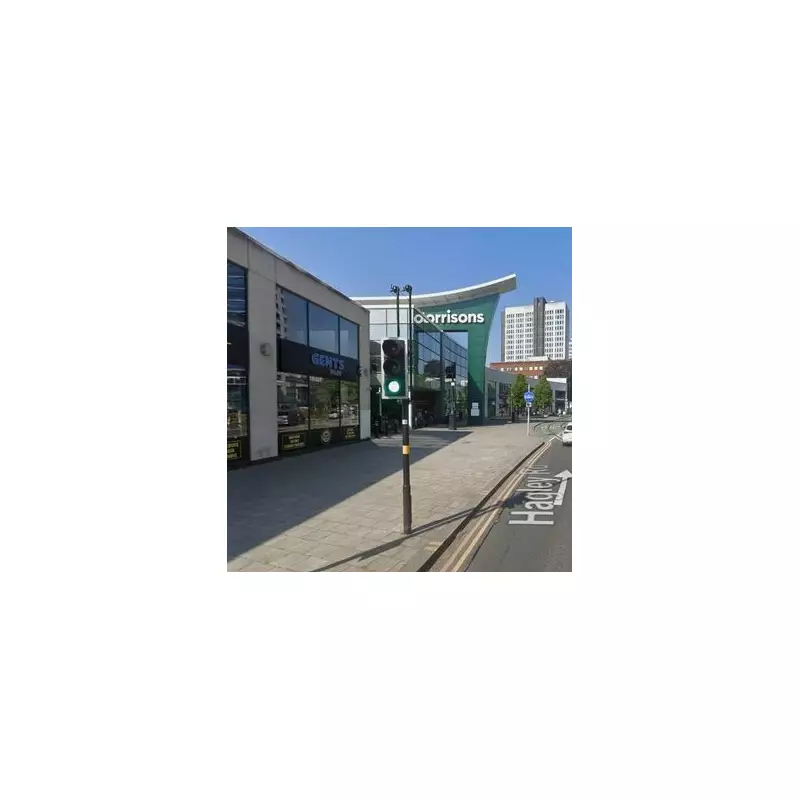
Birmingham's controversial Clean Air Zone has sparked intense debate across the city, with hundreds of residents and business owners making their voices heard in a major council consultation. The scheme, which charges older, more polluting vehicles to enter the city centre, has drawn both staunch support and fierce opposition since its implementation.
The Great Divide: Supporters vs Detractors
Proponents of the CAZ argue it's essential for tackling the city's air quality crisis, pointing to data showing improved pollution levels and the health benefits for residents. Many environmental campaigners and health professionals have thrown their weight behind the initiative, describing it as a necessary step toward a greener, healthier Birmingham.
However, critics maintain the scheme places an unfair financial burden on low-income drivers, small businesses, and key workers who rely on their vehicles for city centre access. The daily charge has been described as a 'stealth tax' that disproportionately affects those least able to afford it.
Council at a Crossroads
Birmingham City Council leaders now face the challenging task of balancing environmental ambitions with economic realities and public sentiment. The extensive consultation feedback presents a complex picture of a city divided over how best to address pollution while supporting communities and local enterprise.
A council spokesperson acknowledged the strong feelings on both sides, stating: 'We're carefully considering all feedback received during the consultation period. Our decision must reflect both our environmental responsibilities and the needs of all Birmingham residents.'
What Comes Next?
The council's review process will examine not just the public feedback but also environmental data, economic impact assessments, and potential modifications to the scheme. Options could include exemptions for certain groups, adjustments to charging boundaries, or enhanced support for transitioning to cleaner vehicles.
As Birmingham wrestles with this environmental dilemma, the outcome of this consultation could set a precedent for clean air policies in cities across the UK facing similar challenges.





